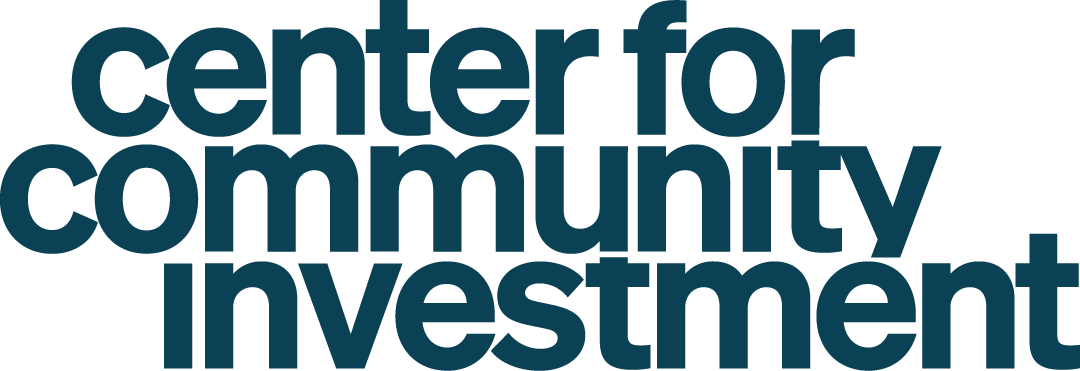Devin Culbertson is Vice President of Innovative Finance at Grounded Solutions, a national nonprofit network of community land trusts, municipal programs, and organizations that advance long-term affordable housing solutions. Culbertson, who was a Fulcrum Fellow at CCI, is in charge of Grounded Solutions’ new Homes for the Future Initiative, which will purchase single-family homes in select cities to ultimately become part of community land trusts, allowing marginalized families to build wealth through homeownership.
Can you tell me about Homes for the Future? I know it’s designed to help Grounded Solutions purchase homes that can be placed in shared equity portfolios in different parts of the country.
Homes for the Future is a way to build up communities by expanding housing affordability and, therefore, helping families build generational wealth. To achieve this, we focus on using impact capital to invest in the single-family rental market, which was built for Wall Street investment and is extractive of communities by nature.
I understand your plans for the fund changed. Tell me more.
We were focused on acquiring homes in Atlanta one at a time, with the intent to portfolio them up and hold them. And then we got a call saying, “Hey, there’s this portfolio of homes in Minneapolis.” An owner was selling their entire portfolio, wanted to do it quickly, and wanted an entity that could buy them all—and was willing to do it at a discount. In total it was a little over 350 units, and the portion that we bought into, with several other mission investors, is 283 single-family homes. Some of the homes are vacant and some are occupied. It’s a pretty unique deal. And so, that’s actually our first investment, together with partners. But we didn’t let go of everything in Atlanta. We anticipate closing our first round of capital this summer and starting acquisitions there.
What’s Grounded Solutions’ role in the Minneapolis deal?
We are an equity investor and a special asset manager, so we’re coordinating between the ownership group and the seven community land trusts there. And we’re supporting the land trusts in identifying capital for homes they’re interested in and batching the portfolio into a series of manageable transactions. They will either buy homes and move them into their ownership or will work with existing tenants that want to become owners within the land trust.
I know you helped create a transit oriented development fund while you were at Enterprise Community Partners. Did that experience help you with this?
The substance of the fund is a little bit different, and the mechanics are a little bit different; but in both cases, it’s this challenge of taking an opportunity that you see and developing a business case for it—but then also incrementally reworking that to the comfort and interest level of the prospective investors. Community development is so nuanced in terms of what folks are interested in and how they see that mission-money balance, and I definitely think having done this once before helps.
Funds are always hard. They’re always complicated. They always take a long time. Until you have closed capital, all you have is a PowerPoint. And so, the relationships are really important, and trust is important as you co-create something with those early investors
Did your understanding of the capital absorption framework come into play at all?
One hundred percent. There are many components of the capital absorption framework in how we approach this deal; it’s just a different application. I think the capital absorption framework is really about pulling together the pieces that make change systemic rather than just transactional.
What do you mean by that, systemic versus transactional?
Low-Income Housing Tax Credits went from being kind of an obscure tax credit to its own small industry, and I think there’s a huge opportunity for single-family rental acquisition to become a material segment of the affordable housing and shared ownership market with durable infrastructure that allows communities to build wealth.
A: Were you always a true believer in community land trusts?
No, I started my career very early on in homeownership and ended up switching into multifamily developments largely because I saw that there wasn’t an infrastructure mindset. You helped one homeowner and then you helped one homeowner and then you helped one homeowner—and you hoped that at some point, it adds up to something. Whereas when you’re in this shared equity space, you’re building portfolios that are held partially in trust to the community and partially by the individual. So, you have this durable infrastructure of affordability and stability and wealth creation. And once I came to understand that, I was like, “Yes, I want to devote my career to this.”

